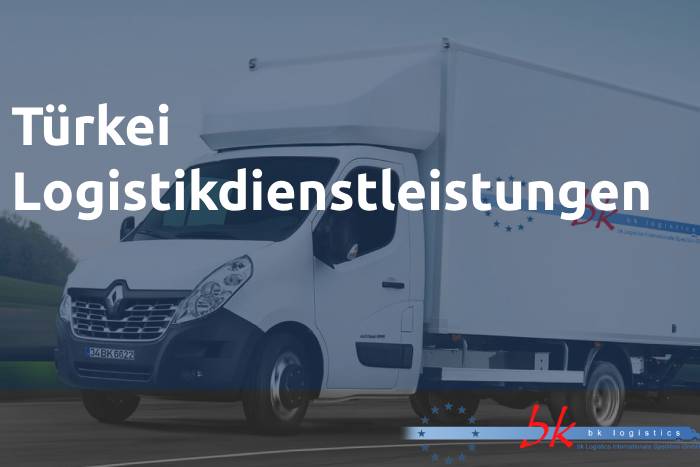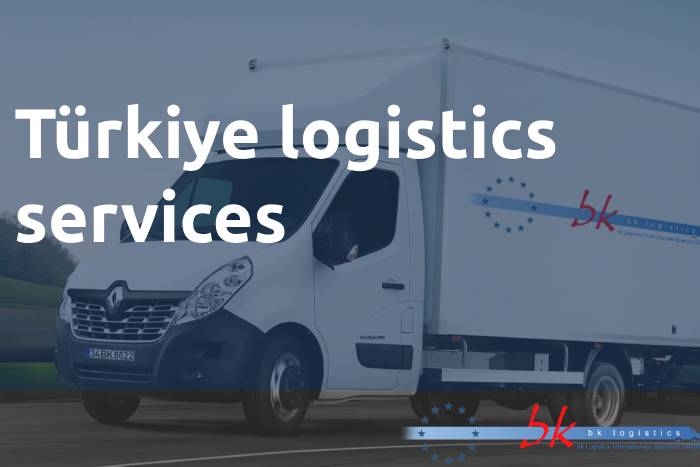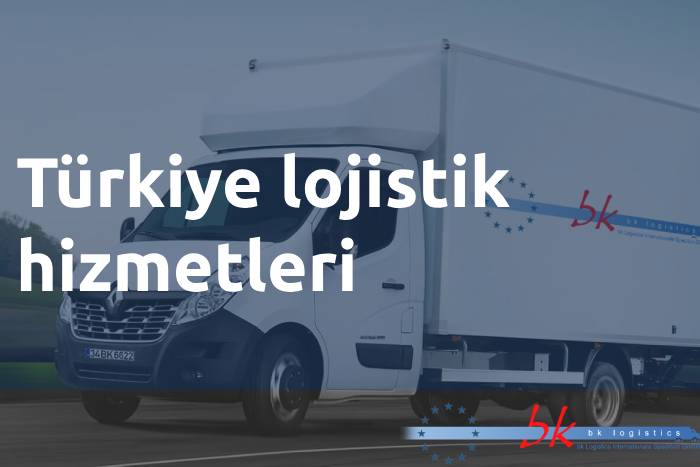News
Türkiye Logistics Services
Contents
1. Introduction to Turkey Logistics Services
2. Transport solutions for Turkey-Germany traffic
3. Challenges and solutions in Turkey Logistics
4. Technological developments and innovations in Turkey Logistics
5. Future outlook for Türkiye’s logistics sector
1. Introduction to Turkey Logistics Services
Turkey is geographically located at a strategically important position between Europe and Asia, making it a significant hub in global trade and transportation. Logistics services in Turkey play a crucial role in supporting economic growth and promoting international trade.
The importance of logistics in Turkey
Turkey has a diverse infrastructure that includes modern road and rail networks as well as efficient air and sea ports. This infrastructure forms the basis for the smooth transport of goods both within the country and across international borders. In particular, investments in ports such as Istanbul Port and airports such as Istanbul Airport have significantly improved logistical efficiency.
In addition to physical infrastructures, Turkey also offers a dynamic business environment for logistics companies, benefiting from its geographical location as a gateway between East and West. This has led to a multitude of service providers specializing in various aspects of logistics, including transportation, warehousing, customs clearance and technology integration.
Key players in the Turkish logistics industry
The Turkish logistics industry includes a variety of players that play essential roles in providing effective services. These include domestic and international freight forwarders, cargo companies, logistics service providers, as well as technology companies that offer innovative solutions for optimizing transportation routes and processes. These players work together to ensure that goods are transported efficiently and on time, which is crucial to supporting trade and ensuring the competitiveness of the Turkish economy.
By continuously investing in infrastructure and promoting a favorable business climate for logistics companies, Turkey remains a key region for international trade and global logistics.
2.Transport solutions for Turkey-Germany traffic
Transportation between Germany and Turkey plays a crucial role in the trade and economy of both countries. There are various transportation options that can be chosen depending on the type of goods and time requirements.
Road transport between Germany and Turkey
Road transport is one of the most common methods of transport between Germany and Turkey. This route offers flexibility and speed for transporting goods of different types and sizes. Freight forwarding companies play a crucial role in organizing and carrying out these transports, including customs clearance and legal requirements.
Air freight and sea freight options for international transport
For larger quantities or special goods, air and sea freight are efficient options. Air freight is particularly suitable for urgent shipments, while sea freight offers more cost-effective solutions for bulk goods and container transport. Both transport methods require precise logistics planning and cooperation with experienced freight companies to ensure a smooth process.
The choice of transport method depends on various factors, including the type of goods, delivery time and costs. By making optimal use of these transport options, companies can effectively design their logistics strategy and successfully support trade between Germany and Turkey.
3.Challenges and solutions in Turkey logistics
The logistics industry in Turkey faces various challenges that can be overcome through innovative solutions and effective strategies.
Customs and legal aspects for transport companies
Cross-border freight transport requires a thorough knowledge of customs regulations and legal frameworks. Transport companies must be able to efficiently clear customs and correctly prepare the necessary documents. This often requires working with experienced customs agents and using modern technologies to simplify the customs process.
Logistics in the urban environment of Türkiye: challenges and innovative approaches
Turkey's urban centers face traffic problems and logistical challenges that can make efficient delivery of goods difficult. Innovative approaches such as using electric vehicles for intra-city deliveries, optimizing route planning through smart logistics software, and promoting sustainable transportation methods are crucial to improve urban logistics.
Addressing these challenges requires close cooperation between public institutions, private companies and the technology industry to ensure a sustainable and efficient logistics infrastructure in Turkey.
4.Technological developments and innovations in Turkey Logistics
Turkey is making significant progress in integrating modern technologies into the logistics industry, leading to increased efficiency and new business opportunities.
Digitalization and automation in the Turkish logistics industry
Digitalization plays a crucial role in the transformation of the Turkish logistics landscape. By using IoT (Internet of Things), artificial intelligence and big data analytics, logistics companies can optimize their operations, manage real-time data and make informed decisions. This enables better warehouse management, route optimization and cost reduction.
New technologies to increase efficiency in transport
Innovations such as autonomous driving, drone technology for last-mile delivery and blockchain to improve supply chain transparency are on the rise. These technologies offer new opportunities for faster, safer and more cost-efficient transportation solutions in Turkey. Companies that adopt these technologies early can gain competitive advantages and increase customer satisfaction.
5.Future outlook for Türkiye’s logistics sector
Turkey faces a promising future in the field of logistics, supported by geographical advantages, technological innovations and strategic investments.
Growth potential and forecast trends in Turkish logistics
The Turkish logistics industry is expected to continue to grow strongly, driven by the expansion of e-commerce, increasing globalization and increased integration into international trade networks. Developing infrastructure and encouraging innovation will help Turkey consolidate its position as a key logistics hub between Europe and Asia.
Sustainability and environmental awareness in future logistics development
Sustainability will increasingly become a key issue in Turkish logistics. The focus is on introducing environmentally friendly transport solutions, reducing CO2 emissions and promoting green logistics practices. By investing in renewable energy and optimizing logistics processes, Turkey can improve its environmental performance while achieving economic benefits.



